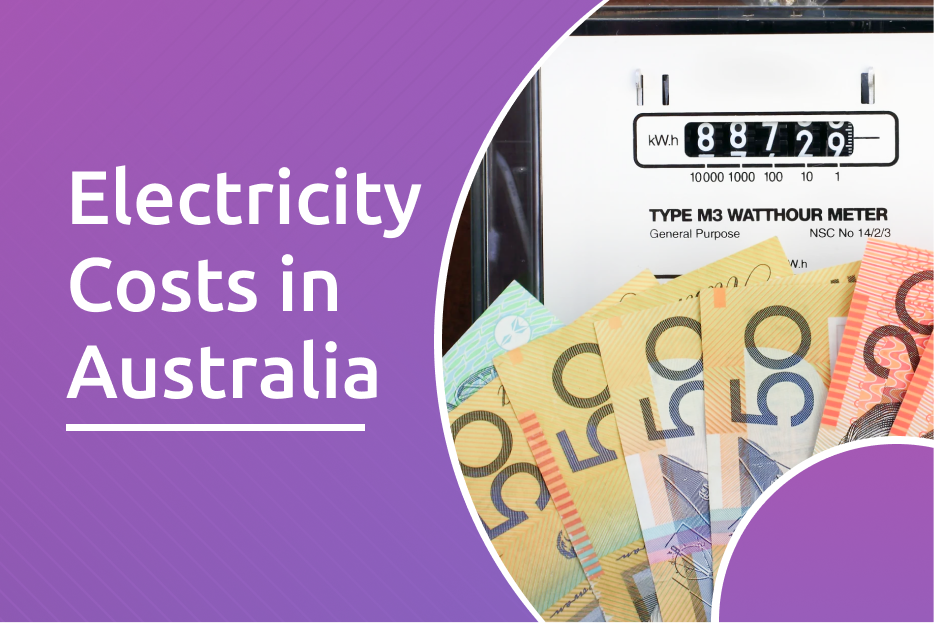SEO Is Truly An Amazing Service Provider


Google is one of the world's premier websites, offering search, email with Gmail, and video sharing with YouTube.
SEO involves producing relevant and useful content for users - this may include text, videos or images - while using keywords in an organic manner within that content.
Keywords
No matter if your goal is selling products online or gaining new clients for your business, getting people to visit your website is essential to reaching those objectives. That is why Search Engine Optimization (SEO) should be considered such an essential topic: it gives you control of how your site appears in search results and who finds it.
At its core, SEO begins with keyword research: finding terms that resonate with both your audience and offerings. Once identified, make use of these keywords naturally within content creation, page titles, meta descriptions and headings.
But be wary not to overdo it: keyword stuffing can become tiresome for search engines and makes your writing sound inorganic, while ranking multiple keyword phrases on one webpage usually cannot happen; separate pages for each will need to be created instead. Key strategies include optimizing page load speed, prioritizing mobile optimization, and using tools like Google's Core Web Vitals to measure site performance.
Content
An effective SEO technique involves strategically adding keywords into your content, signaling Google that this page relates to its targeted keyword(s). A great way of doing this is incorporating it at the beginning of your title tag.
Keywords can also be added through image alt text, which provides search engines and users of assistive technologies with an explanation of your images. Furthermore, add one or more keywords into the meta description for your page.
Finalize by making sure your website is secure. Google gives preference to websites using HTTPS over those without, because without HTTPS they could be seen as distinct domains with different clicks, page views, backlinks and engagement strategies resulting in reduced search engine optimization performance.
Links
Quality over quantity when it comes to links is of utmost importance. Google considers the quality of links when ranking pages for search engine purposes; for optimal search engine performance it is wiser to only utilize high-quality, relevant links on your webpage.
Make sure your internal links are descriptive and linked to relevant pages - this can improve website hierarchies, SEO performance and user experience. Look here or head over to take a look at the site to learn about SEO .
Anchor text that includes keyword-rich anchor text will ensure both visitors and Google bots know what to expect when clicking on an internal link.
Final tip: It is crucial to avoid buying links as this can get your website penalized by Google. Instead, seek links from reputable sources like industry publications or directories with high editorial standards in order to increase credibility and rank higher on Google search.
Structure
Your website content should be structured in such a way as to be digestible for both users and search engines, whether this means your home page, blog pages, articles, FAQs, services or locations pages; each should explore a separate topic to ensure keywords are optimized without duplicating one another's keywords.
An effective website structure must include a hierarchy, similar to how folders work on your computer. This allows large amounts of content to be easily categorised and organized; ecommerce stores benefit even further as this helps pass page authority from top-level categories down through to subcategories.
An intuitive URL structure is also important. This enables both searchers and bots to quickly understand the category and relevance of any given page, particularly useful when used by ecommerce stores that utilize directories to organize products into categories - for instance a policies directory would contain high-level policy pages which then cascade down to product categories.




